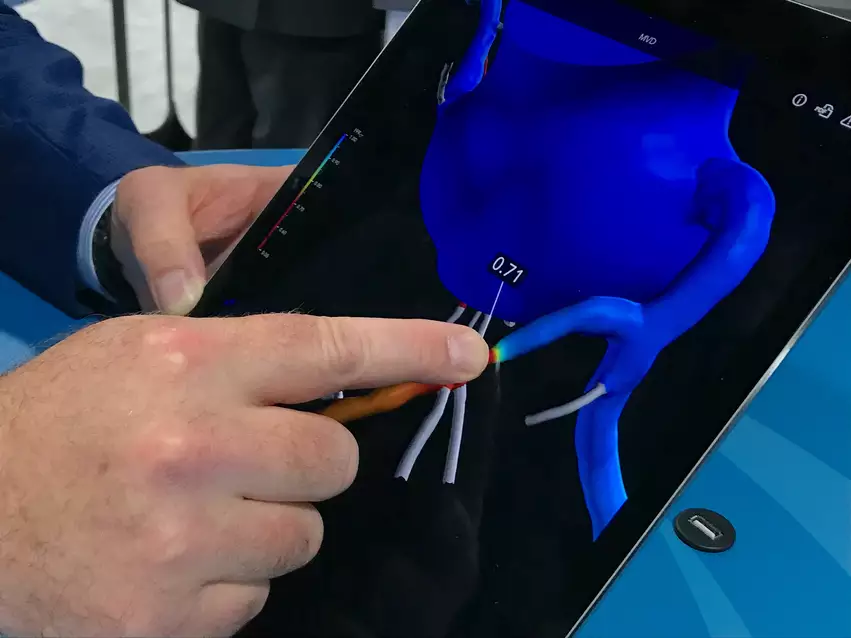HeartFlow’s AI-powered CAD offering reaches a significant milestone
HeartFlow kicked off 2024 by announcing that more than 250,000 heart patients have now undergone coronary artery disease (CAD) assessments using the company’s FFRCT Analysis tool.
HeartFlow FFRCT Analysis uses advanced artificial intelligence (AI) algorithms to evaluate cardiac computed tomography angiography (CCTA) exams and produce personalized 3D models of a patient’s’ coronary arteries. The software was first approved by the U.S. Food and Drug Administration back in 2014. When cardiac CT received the highest possible recommendation in the 2021 American College of Cardiology/American Heart Association chest pain guidelines, it was seen as a significant step forward for HeartFlow’s technology and other similar offerings available on the market.
While FFRCT Analysis has long been HeartFlow’s trademark offering, the company has used its success to branch out and develop other AI-powered CT analysis tools for cardiovascular disease, including the recent release of Plaque Analysis and RoadMap Analysis.
“We are extremely proud of achieving the 250,000 patient milestone with our physician partners. Our collective team shares in our excitement for the future and are eager to build on this success.” John Farquhar, HeartFlow’s CEO, said in a prepared statement. “We’ve experienced a year of notable accomplishments and growth including the expansion of our product portfolio with Plaque Analysis and RoadMap Analysis. Our continued commitment to developing a new standard of care for patients at risk of heart disease remains steadfast and we look forward to surpassing more milestones in the future.”
Himanshu Gupta, MD, director of cardiac imaging at the Heart and Vascular Clinic of Valley Health System in New Jersey, recently discussed his team’s experience implementing HeartFlow’s CAD evaluation software in a video interview with Cardiovascular Business. According to Gupta, gaining access to these FFR-CT evaluations has helped he and his colleagues determine when patients need immediate treatment and encourage radiologists and cardiologists to collaborate on a regular basis.


